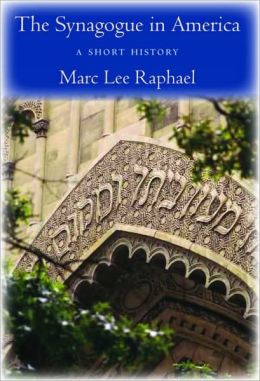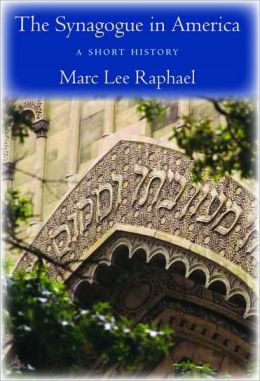Tag Archives: Orthodox
“n short, kiruv work has moved from what could have been a legitimate path to engage and educate Jews, and to bring them closer to the Jewish community, to become part of a sales force designed to sell a particular approach to Judaism and to distance followers from the vast majority of the Jewish community”
“…perhaps the biggest gap [between Orthodox and liberal streams] is in attitudes toward Israel”
“In the era of Big Torah, all of the arguments are on the table, and there are legitimate leaders who are charting the course to anywhere we want to go”
“We cannot end sexual assault unless we acknowledge that it exists, and it’s about time that the Orthodox community takes responsibility for educating its members on this issue”
“If civil disobedience was inevitable, I’m glad that activist rabbis were prominent among those arrested, and probably it would have been better had there been Orthodox rabbis among them”
Zionism was a matter that Orthodox rabbis sermonized in the 1920s and 1930s
This gallery contains 0 photos.
In one area especially, Judaic beliefs and contemporary events intersected—Zionism. Nearly every Orthodox rabbi...“Orthodox rabbis rarely made any comments on the events unfolding on the American scene in the 1920s or early 1930s”
…Orthodox rabbis rarely made any comments on the events unfolding on the American scene in the 1920s or early 1930s. They generally ignored race, immigration, pacifism, isolationism, the League of Nations, lynching, Sacco and Vanzetti, civil liberties, the Klan, racial segregation, industrial (textile, railroad) strikes, Einstein’s theory of relativity, modern technology, modern war, Prohibition, economic warfare, Bolshevism, political events in Europe, and the Depression. Only with the rise of the Nazis and the 1939 White Paper that drastically curtailed Jewish immigration to Palestine, did European events become part of their sermons. Instead, they talked about Torah (which, all Orthodox rabbis agreed, God had revealed verbally to Moses at Mt. Sinai), commandments (“word of God,” they all agreed), ceremonies, customs, observances, rituals, holidays, festivals, and themes associated with the calendrical events in the Jewish/Judaic year. The scientific and philosophical literature of their day was useful primarily to support the conclusions of Judaic values and beliefs.
Marc Lee Raphael, The Synagogue in America: A Short History (New York & London: New York University Press, 2011), 90.
“Modernizing Orthodoxies”: “a group of religious movements bearing a familial resemblance”
Rather than seeing Orthodoxy as a more or less fixed entity, with “modern” and “ultra” flavors, I suggest we look at it as a cluster of processes, enacted across a range of what I call “Modernizing Orthodoxies,” by which I mean a group of religious movements bearing a familial resemblance, based on some core features, through which each works and reworks in its engagements with modernity.
Yehudah Mirsky, “Modernizing Orthodoxies: The Case of Feminism”, in To Be a Jewish Woman: Proceedings of the Fourth International Conference: Woman and Her Judaism, June 2005, ed. Tovah Cohen (Jerusalem: Kolech – Religious Women’s Forum, 2007), 37.
“The divisions and politics of the Orthodox, the Modern Orthodox world are important – but only to a point”
As a rabbi, I spend most of my time reading writing, talking, discussing and arguing about Jewish things. There is a lot to argue about, a lot to talk about. From our perspective, these issues can seem not just important, but overwhelming, more important than anything else could possibly be. The divisions and politics of the Orthodox, the Modern Orthodox world are important – but only to a point. The question of the differences between Yeshiva University, Yeshivat Chovevei Torah, between this group and that group, this rabbi’s statement and that rabbi’s counter statement – these are all important issues. But, for too many of us, for me, personally, they are given far more prominence than could possibly be justified.
Rabbi Shaul Robinson, “Priorities: Inside the Tent and Outside“, Lincoln Square Synagogue Blog (11 November 2013).

